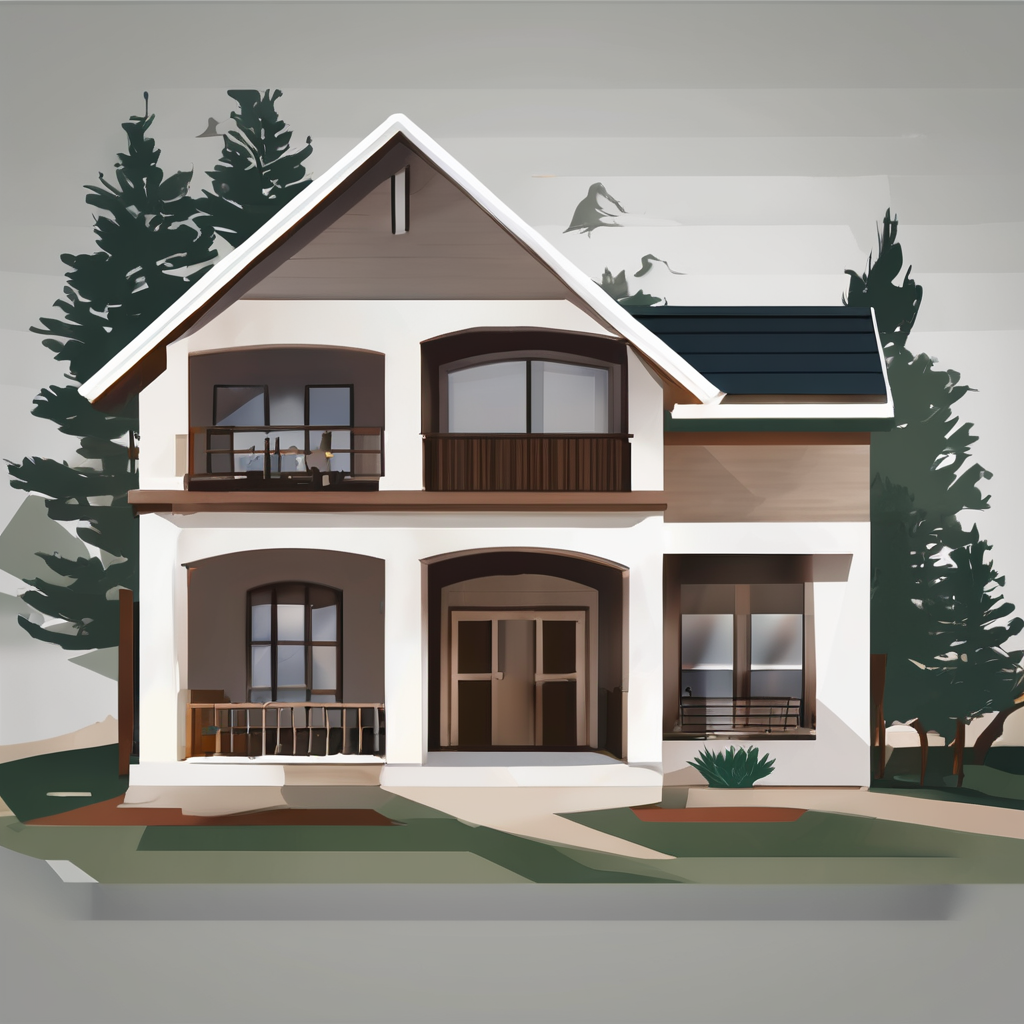Overview of Advanced Security Technologies
In today’s fast-paced environment, advanced security technology has become indispensable for UK homeowners. Modern security solutions address growing concerns about household safety, offering peace of mind. The latest home safety innovations cater to these demands by leveraging cutting-edge technology.
One prominent trend is the integration of smart homes with security systems. This shift allows homeowners to control and monitor their security devices remotely using smartphones. Technologies like smart locks, video doorbells, and intelligent alarm systems are redefining home protection by offering ease of access and instant alerts.
Have you seen this : Discover Real Estate Gold: How UK Economic Predictions Shape Property Investment Opportunities
UK homeowners are increasingly adopting surveillance systems, which provide high-definition video monitoring and real-time notifications, ensuring a proactive approach to security. Additionally, home safety innovations focus on energy efficiency and sustainability, aligning with the broader environmental goals.
Despite these advancements, challenges persist. The adaptability and compatibility of new systems with existing setups can be complex, requiring careful planning. Homeowners must also navigate the balance between enhanced security features and personal privacy, adhering to UK regulations.
Have you seen this : Transforming UK Property Deals: Leveraging Blockchain for Secure and Transparent Real Estate Transactions
Through continuous advancements, home safety innovations offer a robust layer of protection, making homes safer and smarter than ever.
Smart Locks and Keyless Entry Systems
Smart locks and keyless entry technology have revolutionised how UK homeowners access their properties. A key benefit of these systems is remote access. Using smartphones or other smart devices, users can control and monitor their home entry points from virtually anywhere. This flexibility not only enhances convenience but also boosts home security by allowing real-time decisions about who enters the home.
Features and Benefits
Smart locks offer a range of innovative features like biometric authentication, allowing for highly secure access. The absence of traditional keys reduces the risk of lock-picking, while keyless entry technology simplifies day-to-day interactions with the door locks. Homeowners can provide temporary access codes to guests or service providers, ensuring a secure and controlled entry.
Installation and Integration
Integrating smart locks with existing home security systems can be straightforward but requires careful planning. Some systems work seamlessly with other smart home devices, offering a fully integrated security solution. Compatibility and ease of installation depend significantly on existing door hardware and networking capabilities. Most systems offer DIY setups, while more advanced installations may require professional assistance for optimal performance.
Surveillance Systems for Home Security
High-definition home surveillance systems, like CCTV systems and security cameras, have become vital for home protection in the UK. They offer diverse solutions to meet varying needs. But what type of surveillance solution suits your home best? For outdoor security, bullet cameras with weather-resistant features often stand out, ideal for monitoring a perimeter. Indoor settings benefit more from dome cameras, designed to be less obtrusive but equally effective.
You might wonder, why invest in modern surveillance systems? Their advantages are plentiful. Advanced security cameras not only provide clear video but also come with features like motion detection and night vision. They ensure UK homeowners receive real-time alerts for suspicious activities, integrating seamlessly with smartphones.
Proper installation is crucial for effectiveness. Considerations include optimal camera placement, ensuring a comprehensive view of your property. Why is video quality and storage important? High-resolution recordings are essential for identifying intruders, while cloud storage offers redundancy, protecting captured data from being tampered with or lost. For indoor cameras, optimal placement includes entrances, hallways, and main gathering areas, ensuring comprehensive coverage.
Alarm Systems and Monitoring Services
Alarm systems are pivotal in safeguarding UK households. The choice between wired and wireless systems depends on factors such as ease of installation and reliability. Wired systems are often perceived as more stable due to their direct connection, reducing interference risks. In contrast, wireless alternatives offer flexibility, with simpler installations and minimal disruption.
Professional home monitoring services bolster security by providing security alerts and rapid response to incidents. With 24/7 surveillance, these services enhance protection through constant vigilance, enabling immediate action during breaches. Understanding the importance of response times and service reliability is crucial; faster responses equate to quicker interventions and reduced damage potential.
When choosing an alarm system, consider factors like the type of alerts, compatibility with existing setups, and ease of use. Systems that offer real-time notifications keep homeowners informed and prepared. Moreover, the integration of smart technologies into monitoring services can streamline control and response processes, ensuring a seamless user experience. By considering these elements, UK homeowners can optimize their security strategy to meet their specific needs and preferences.
Integrating Advanced Technologies into Existing Security Systems
For UK homeowners, home security integration offers both challenges and exciting opportunities. Upgrading to smart home technology can significantly enhance security, providing added convenience and advanced features.
Seamlessly merging new technologies with existing systems requires addressing system compatibility concerns. Often, compatibility issues arise due to outdated hardware or software limitations. It’s essential to conduct a thorough assessment of current setups to identify necessary modifications or new acquisitions. This process ensures all components function optimally together, enhancing overall security effectiveness.
The integration journey isn’t without hurdles, from technical barriers to cost considerations. However, following best practices, such as consulting with professionals or exploring user reviews and recommendations, can make the transition smoother. Ensuring compatibility should be a priority, as incompatible technologies might lead to vulnerabilities or decreased efficiency.
For those upgrading, opportunities abound. Smart technology integration can automate responses, provide remote access, and offer real-time updates, making home management more efficient. Additionally, staying informed about the newest developments and solutions can lead to more informed decisions, ensuring a robust, state-of-the-art security system.
Legal Considerations and Regulations in the UK
The implementation of security technology in UK homes must adhere to several legal considerations. Understanding the relevant legislation is crucial for compliance and avoiding potential legal pitfalls.
Overview of Relevant Legislation
UK security regulations for home systems primarily focus on privacy and data protection. The General Data Protection Regulation (GDPR) is a key piece of legislation, ensuring data collected by security systems is handled with care. For instance, homeowners must inform individuals if their image is captured.
Safety Standards for Installation
When installing security technology, compliance with safety standards is mandatory. Systems should be installed by certified professionals to meet the BS EN 62676 standard for CCTV installation, ensuring safety and reliability. This not only assures proper functionality but also minimises risks associated with incorrect installations.
Implications for Homeowners
Homeowners bear responsibility for ensuring their home safety innovations do not infringe on others’ privacy. Compliance involves regular audits of security systems to ensure alignment with current UK regulations. Such diligence prevents legal repercussions and maintains trust in security measures. Ignoring these responsibilities can lead to fines or enforced deactivation of non-compliant systems.



